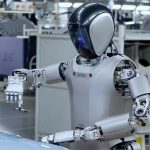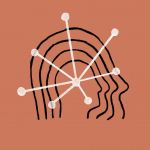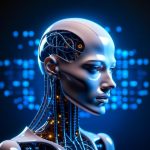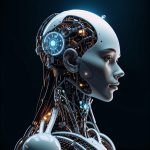Anthropic is preparing a new Claude Opus with “extreme reasoning”
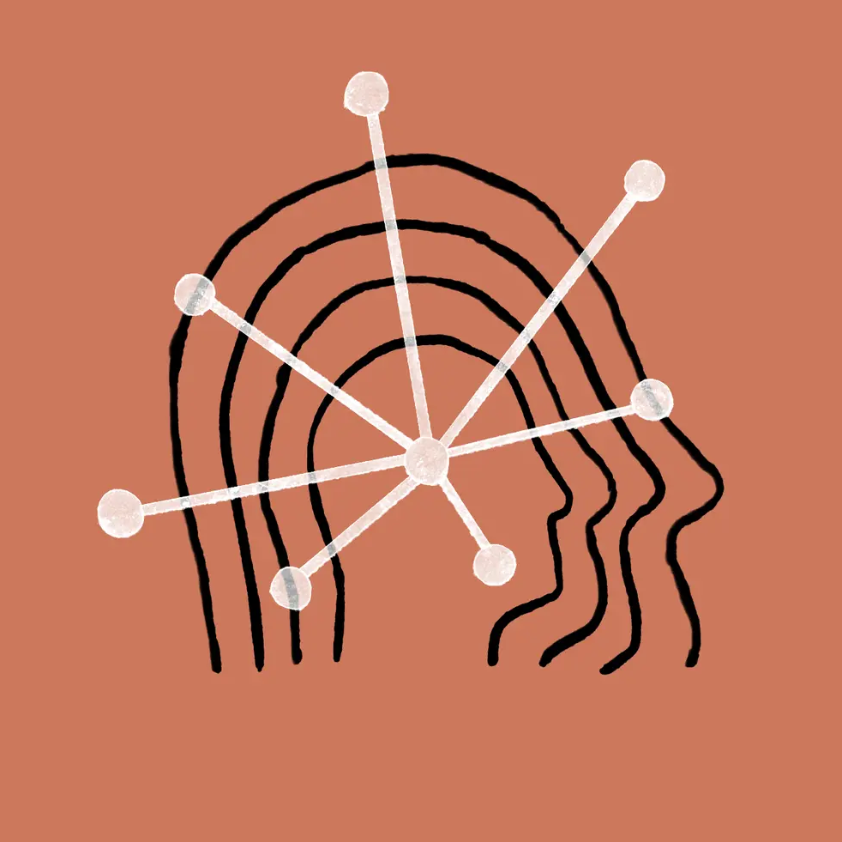
Anthropic is preparing to present an updated lineup of its artificial intelligence models. According to The Information, in the coming weeks we will see the return of the Claude Opus model. I remind you that in previous releases, the Opus prefix indicated the most powerful version, while Sonnet indicated the mid-range in capabilities.
The new models will be equipped with an advanced reasoning mode, which specialists call “extreme reasoning.” The main feature of this mode lies in the cyclical principle of operation. The model will independently switch between stages of thinking and using external tools. The process looks like this. First, the model thinks about the task, then if necessary, turns to tools such as a code interpreter or search systems. After which it analyzes the obtained results and returns to the tools again.
This architecture resembles the working principle of artificial intelligence agents and brings the new Claude models closer to the o3 and o4-mini models from OpenAI. It’s important to note that the model will be able to independently determine when it needs to switch between the deep reasoning mode and the use of external tools.
And such implementation of the cyclical “thinking-action” model in Anthropic’s mass products may create a new standard for the entire industry. Potentially accelerating the development of full-fledged autonomous artificial intelligence agents 1-2 years earlier than generally accepted forecasts.

